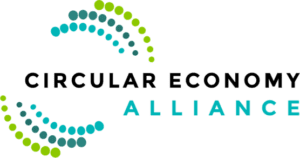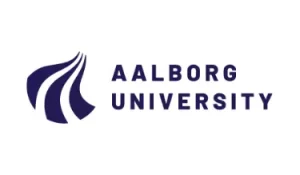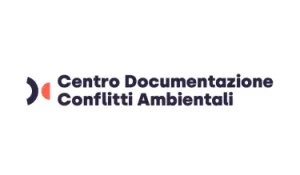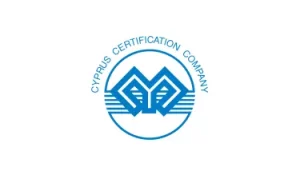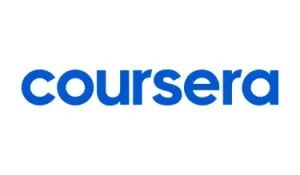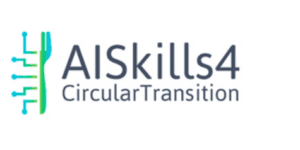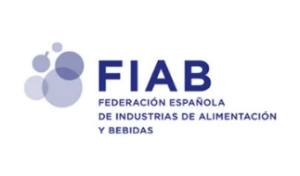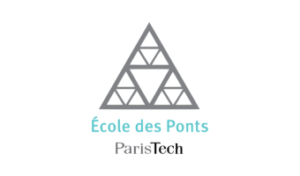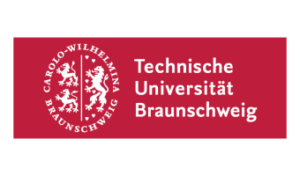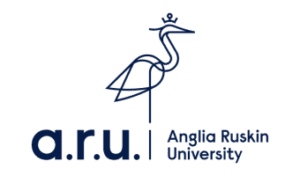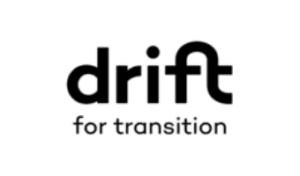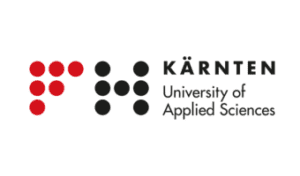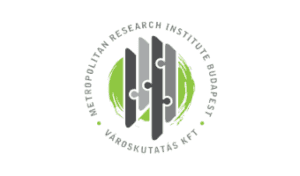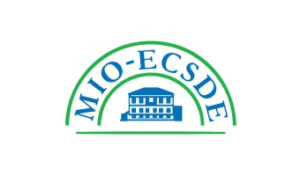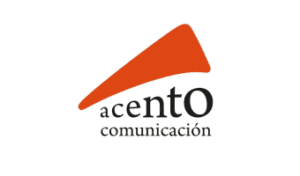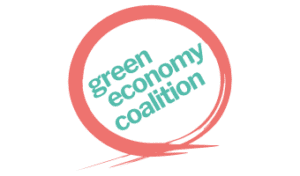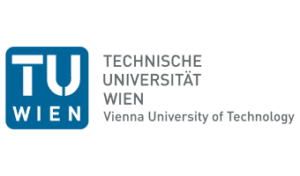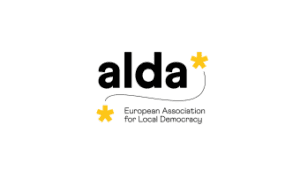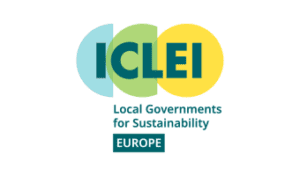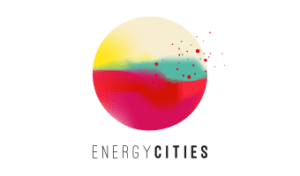“It is important to get certified as it will help to navigate the complex challenges of resource management while promoting sustainable and responsible practices that maximize resource efficiency and minimize waste. By integrating circular economy principles into water management practices, individuals can help to ensure the long-term availability and accessibility of this critical resource while also creating new opportunities for innovation and economic growth. Once certified, individuals can become leaders in building a more sustainable future for all and help ensure that future generations have access to this vital resource”.
Circular Water Management: A framework for the transition
95.00 € + VAT (if applicable)
This course aims to address the transition of the water sector to the Circular Economy paradigm. Focusing on principles, levels and enablers this course highlights the faults of linear water management and how these practices harm our environment locally, nationally, and globally. Furthermore, this course emphasises potential solutions and strategies to support the complex evolution to a circular water management system.
Verifiable Blockchain-secured Certificate
1.5 hours to complete

Circular Water Management: A framework for the transition
Course Overview
This course examines the natural water cycle, demonstrating how human activities create a linear approach in the water industry by treating water as a single-use entity. The principles explored in this course relate to those proposed by the Ellen McArthur Foundation adapted to the water sector:
- Design water utilities out of waste and reduce pollution.
- Keep products and materials from water and wastewater in use.
- Regenerate natural systems adapted to the water sector.
These principles intersect with the water sector at three levels–micro, meso, and macro to engage and create specific focus topics divided into technologies & processes, implementation, and water management.
This course offers a Circular Economy water framework that aims to set up the shift from a linear to a circular approach, allowing us to define better strategies for a successful change to the Circular Economy.
The course also outlines the vast possibilities for the water industry’s future––including implementing innovative water technologies that transform water utilities into smart assets. Emerging ideas and technology make it possible to remove pollutants from water, meaning that water reuse, recycling, and resource recovery could become our new regular.
Important Details
Downloadable material
100% online courses
Study at your own pace
A flexible learning journey, access the content until you complete the course or a maximum of two (2) weeks from enrollment date.
Special Access to events, research and news
What are the Learning Outcomes?
Who should enroll?
Type Of Person
Type Of Person
Type Of Person
Type Of Person
Type Of Person
Type Of Person
What You Will Learn
Is the natural water cycle circular?
The water cycle is circular by nature, involving flux and storage processes. However, only 1% is accessible surface water for human activities.
Explore the challenges of the water sector and the importance of using water responsibly for years to come.
How climate change affects the water sector?
- 50% of all disasters.
- 45% of all reported deaths.
- 74% of reported economic losses at a global level.
Discover the impacts of extreme weather and a changing climate on the water sector.
The water cycle and Circular Economy principles
The water cycle for human consumption uses water once. Water is extracted from the environment and then treated to ensure it’s suitable for human consumption. Then, water is returned to the natural environment with or without treatment and not used again.
Explore how solutions that allow us to use water more than once are critical to support the Circular Economy.
The main components of water in the Circular Economy
- The systemic level (micro meso, macro).
- The circular principles adapted to the water sector.
- The enablers that will enhance the Circular Economy transition.
Circular strategies applied to the water sector
Learn how circular strategies support the water transition framework.
Explore how to include reduction, removal, reuse, recycling, recovery, replenishment, reconnecting, and rethinking concepts to develop innovative solutions for the transition in the water sector.
Is it possible to design water utilities out of waste and pollution?
Implementing technologies must comply with the legislation to preserve the quality of natural water bodies. Learn through various examples how modular and decentralized system design should exploit the potential of water as a carrier of valuable resources.
Can water and wastewater utilities keep products and materials in use?
Discover the smart water factories that will facilitate the local flow of resources and materials (water, energy, nutrients, minerals, and metals) to create a systemic collaboration and foster the management of services in the water sector.
New opportunities for the water sector in a Circular Economy
Explore how water utilities and the synergies created with other sectors make it possible to obtain nutrients, minerals, metals, and energy from water for various applications.
Important Details
Enrollment Information
Once you have enrolled, you will be given access to our Learning Management System.
You will be guided through the original content of the course with dynamic, rich, enjoyable, narrated, and easy-to-understand content.
- The course is divided into easily navigated sections.
- Each section is followed by non-graded “knowledge check questions” to help you ensure that you successfully assimilated the content.
- You can go back and view the content as often as you like.
When you reach the end of the course, you will be awarded the Certificate of Completion.

Designing Out Waste: The challenges to full circularity
Circular Water Management 2: Closing the H20 loop

Hernan Ruiz Ocampo – Author
Designing Out Waste: The challenges to full circularity
Circular Water Management 2: Closing the H20 loop
How You Will Learn
Interactive training sessions
Knowledge check questions
Case studies / Best practices
Unique learning platform with Mobile Access
Exposure to a network of experts
Be part of a community

Explore cutting edge research
Exposure to a network of experts
Be part of a community

Explore cutting edge research
Are you a business or an organization? Contact us for team training offerings
Are you a business or an organization? Contact us for team training offerings
What Our Certified Professionals Say

“The Certified Circular Economy Specialist certificate offered by CEA is a "must" for all professionals who wish to explore this field. It provides not only the basic theory but also tonnes of industry examples that can easily fill up your knowledge gap.”
Ka Hing Hui
Production Manager, Viva Healthcare Packaging (HK) Ltd.

“Getting certified at the Circular Economy Alliance will give you an advantage in your field of business, a boost in your ability to think creatively and, most importantly: the ability to think holistically.”
Raphael Schranz
Circular Economy Consultant

“The journey was thought-provoking and insightful. With a career in the renewable energy market, the fundamentals of the Circular Economy support our cause for a cleaner, greener energy transition.”
William Van Wyk
Country Manager - South Africa, FIMER
Get a Certification by Completing
This Course in a Bundle
Circular Economy Specialist (High-Mastery)
Gain highly- specialized insights to drive industry change, advance your career and become a renowned expert in your field.
1,085.00 € + VAT (if applicable)
12 courses
Total dedicated effort required: 45 hours *
Circular Economy Manager (Advanced)
Gain expertise that goes beyond the basics to offer in-depth knowledge of circular economy principles and applications.
745.00 € + VAT (if applicable)
8 courses
Total dedicated effort required: 30 hours *
Circular Economy Professionals (Foundational)
Get an in-depth, comprehensive overview of foundational Circular Economy principles to get familiar with industry concepts.
385.00 € + VAT (if applicable)
4 courses
Total dedicated effort required: 16 hours *
Circular Economy Specialist (High-Mastery)
Gain highly- specialized insights to drive industry change, advance your career and become a renowned expert in your field.
1,085.00 € + VAT (if applicable)
12 courses
Total dedicated effort required: 45 hours *
Circular Economy Manager (Advanced)
Gain expertise that goes beyond the basics to offer in-depth knowledge of circular economy principles and applications.
745.00 € + VAT (if applicable)
8 courses
Total dedicated effort required: 30 hours *
Circular Economy Professionals (Foundational)
Get an in-depth, comprehensive overview of foundational Circular Economy principles to get familiar with industry concepts.
385.00 € + VAT (if applicable)
4 courses
Total dedicated effort required: 16 hours *
* Depending on the level of experience and pace the learner is willing to invest in the learning journey.





